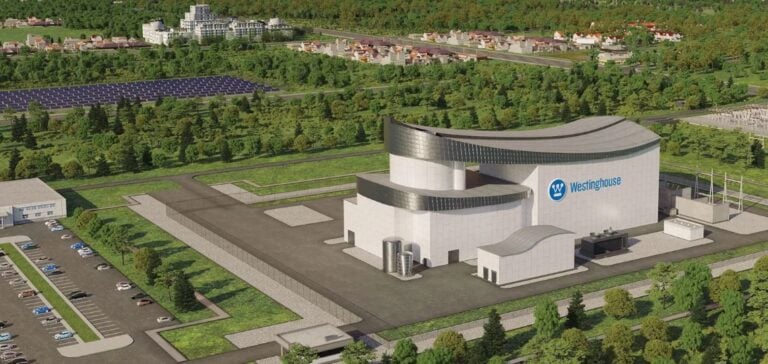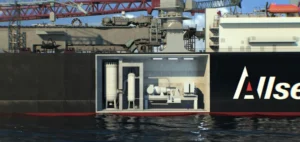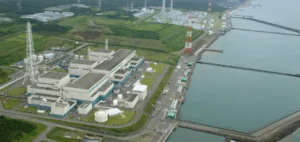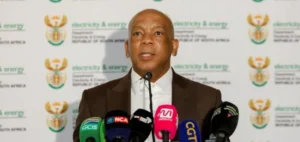Westinghouse Electric Company, in partnership with the Canadian company Aecon, has signed two strategic agreements aimed at accelerating the construction of new nuclear reactors in Canada. These initiatives address the growing demand for clean energy and the need to strengthen the country’s energy security.
A cooperation strategy for AP1000 reactors
The first agreement between Westinghouse and Aecon paves the way for the construction of advanced AP1000 reactors at several sites in Canada. This reactor type is recognized for its safety and energy efficiency. Through this commitment, the two partners aim to provide significant energy capacity while boosting the local economy by utilizing Canadian resources and expertise.
Aecon, with longstanding expertise in nuclear component manufacturing, will play a central role in these projects. The company, based in Ontario, has already been involved in supplying modules for major projects in the United States, such as the Vogtle plant in Georgia.
Significant economic impacts
According to Westinghouse, each project involving four AP1000 reactors could generate an economic impact of 28.7 billion CAD on Canada’s GDP. The construction phase alone is expected to mobilize nearly 8,000 local workers, while operational activities will require 12,000 long-term jobs.
These projects are also part of Canada’s energy transition strategy, aimed at reducing carbon emissions while strengthening the resilience of the electrical grid. AP1000 reactors, already operational in several countries, offer an immediate solution to these challenges.
Strengthening Canadian industrial capacity
The collaboration with Aecon highlights Westinghouse’s commitment to integrating local partners into its projects. Aecon will use its Cambridge facility, specialized in manufacturing nuclear components, to meet the technical requirements of AP1000 reactors.
In parallel, Westinghouse has signed several agreements with other Canadian companies, such as BWXT Canada and Seaspan ULC, to strengthen its manufacturing and supply network. These partnerships will ensure the rapid and efficient execution of projects while diversifying local industrial capabilities.
A strategic vision for nuclear energy
With the recent opening of a global engineering hub in Kitchener, Ontario, Westinghouse affirms its intention to position Canada as a hub for advanced nuclear technologies. These initiatives reflect a strategic vision to address urgent energy needs while supporting local economic development.
The announcement of these agreements comes as Canada accelerates its efforts to meet climate goals and ensure a reliable energy supply. AP1000 reactors represent a key option to achieve these priorities, thanks to their ability to provide clean and sustainable energy.






















